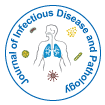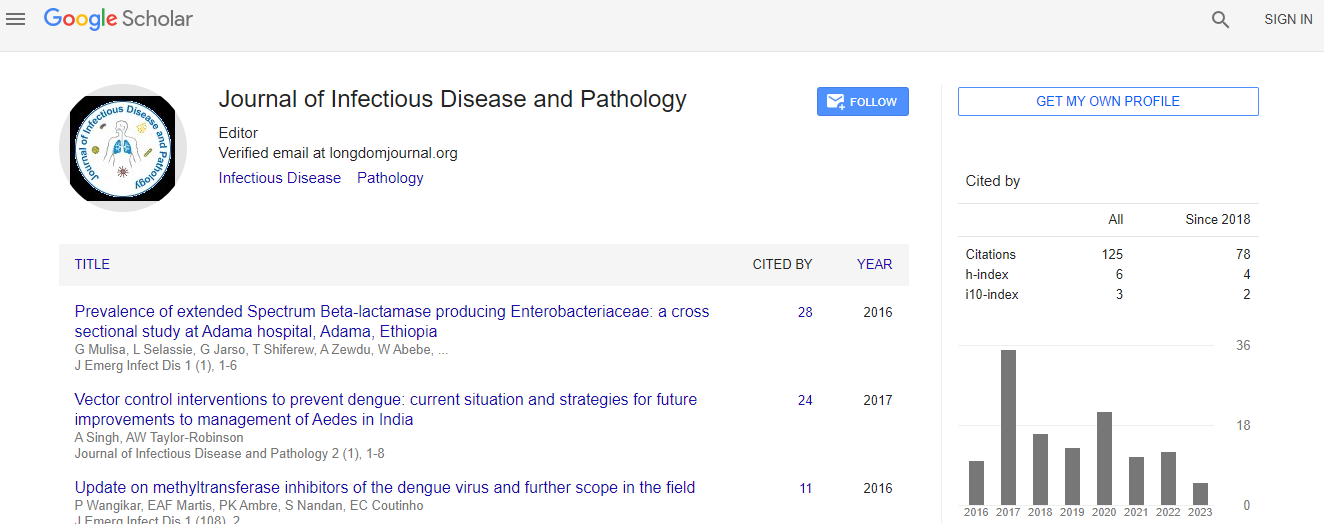Case Report
Empyema Caused by Unusual Pathogen Capnocytophaga
Emhemmid Karem, Hazim Bukamur*, Yousof Elgaried, and Mahmoud Shorman
Internal Medicine Department, Joan C. Edwards School of Medicine, Marshall University, Huntington, WV, USA
- *Corresponding Author:
- Hazim Bukamur
Internal Medicine Department
Joan C. Edwards School of Medicine
Marshall University, Huntington
WV, USA
Tel: 8608419018
E-mail:Bukamur@marshall.edu
Received date: July 19, 2016; Accepted date: August 23, 2016; Published date: September 03, 2016
Citation: Emhemmid K, Hazim B, Yousof E, Mahmoud S (2016) Empyema Caused by Unusual Pathogen Capnocytophaga . J Emerg Infect Dis 1:112. doi:10.4172/2472-4998.1000112
Copyright: © 2016 Karem E, et al. This is an open-access article distributed under the terms of the Creative Commons Attribution License, which permits unrestricted use, distribution, and reproduction in any medium, provided the original author and source are credited.
Abstract
Empyema is a collection of pus in the pleural space. Empyema caused by Capnocytophaga species is extremely rare, and after extensive review of the literature, we found only four reported cases of Capnocytophaga empyema. In our case report, we present a case of 71-year-old male with Capnocytophaga empyema initially presented with signs and symptoms of acute congestive heart failure (CHF), with no history of splenectomy or animal bite. The pleural fluid Cultures grew Capnocytophaga, no other organisms were identified and blood cultures were negative. People at increased risk of developing Capnocytophaga infections include post splenectomy patients, Diabetics, male sex, age over 50, and alcohol abuse. The risk factors for our case were age, male sex, congestive heart failure, and history of alcohol abuse. The patient was treated with chest tube drainage and appropriate antibiotics with complete resolution of his empyema.

 Spanish
Spanish  Chinese
Chinese  Russian
Russian  German
German  French
French  Japanese
Japanese  Portuguese
Portuguese  Hindi
Hindi 